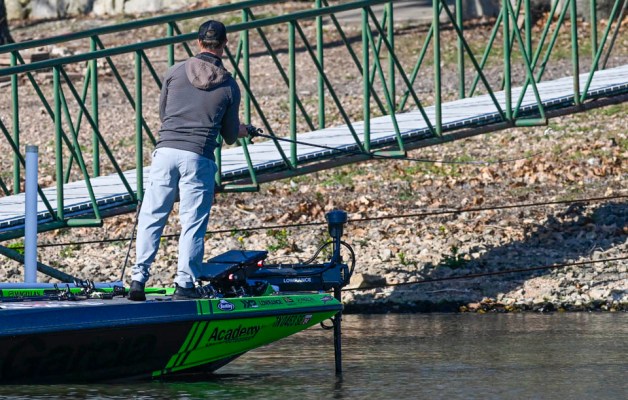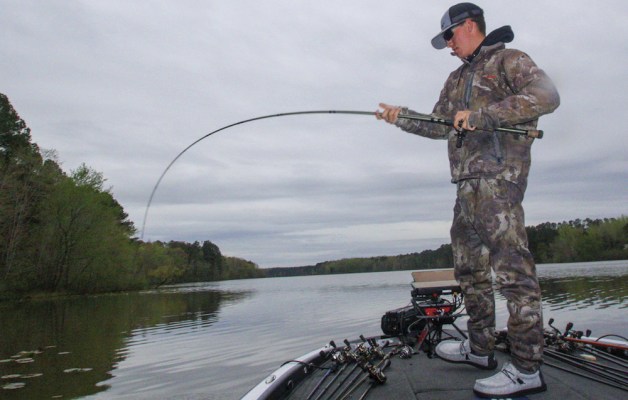As I was writing last week’s blog, I started thinking about all the places I’ve fished for smallmouth bass and about some of the fish I’ve caught. Most have been small or ordinary but a few have been big. It seems like the ones I remember the best weren’t big in an absolute sense, but they were big considering where I caught them.
That brought me to the question, what makes for a trophy smallmouth bass? I’ve thought a lot about that over the years. I don’t think you can answer that question unless you know where the fish was caught.
A 14- or 15-inch smallie might be a giant in a small stream. But that same fish would be ordinary, not even worth mentioning, in one of our better lakes. That idea might surprise some of you. It’s popular for many recreational anglers to place their hopes on catching a 5 pounder. I hear that all the time. But is that really what you should be thinking about?
A 5-pound smallmouth caught in one of the Great Lakes can hardly be considered noteworthy. Fish that size are caught all day long in those venues. On the other hand, catch one that big in most ordinary smallmouth lakes around the country and you have something to talk about.
The reason I’m talking about this is that many of our DNR agencies around the country work hard to grow big fish. That might be a worthy goal, but it isn’t the only goal. Healthy fish that want to eat and that fight hard are more important, at least in my mind. Size matters, but it’s relative, and it might be something we have very little control over.
Is it possible that certain strains of smallmouth have adapted to their surroundings, not only by color and feeding habits but also by size. I’ve always heard that aquarium fish will only grow so big. I don’t know if that’s true. It seems reasonable, though. If they didn’t stop at some point they’d outgrow the tank.
So maybe the smallmouth are growing real big in the Great Lakes because that’s their nature. They grow big because they can, and the ones that do grow big can live. The opposite might be true of stream smallmouth. Maybe they don’t grow big because they can’t. A 5 pounder couldn’t live in most West Virginia streams. There’s not enough water.
All this is a part of the beauty of smallmouth bass. They have a wide ranging habitat, and they seem to adapt to almost any kind of water. I know largemouth and spots have some of the same traits but not as much — at least that’s the way I see it. To me, smallmouth bass are more versatile.
I like to catch big ones. I like to brag at the dock. But I like to have fun more. I can do that with a 14-inch stream hawg caught on ultralight tackle just as easily as I can with a 5 pound lake hawg caught on heavy casting gear.





